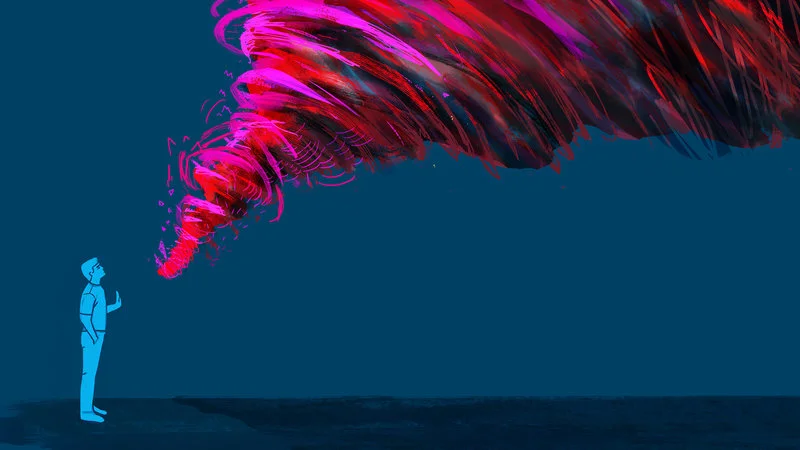After her suicide attempt, Louise’s psychiatrist suggested she try ketamine. She agreed, and received an infusion intravenously. Within hours, her sense of well-being improved. The hospital discharged her. Back home, she discovered that going to the market was no longer a “herculean task.” Getting her car washed wasn’t an insurmountable chore. “Life was better,” she said. “Life was doable.”
Read MoreAs a journalist who covers health and medicine, I had read about the success of experimental trials that used ketamine to treat depression. My therapists had recommended extreme treatments like electroshock therapy, a procedure that frightened me due to reports of memory loss from those who had undergone it, but had never mentioned this. But I was getting desperate for a serious intervention.
Read MoreFor six years now, life has been really good for James. He has a great job as the creative director of an advertising firm in New York City. He enjoys spending time with his wife and kids.
And it has all been possible, he says, because for the past six years he has been taking a drug called ketamine.
Read MoreIncreased dissociative symptoms associated with ketamine infusion treatment can predict a greater antidepressant effect in individuals with major depressive disorder or bipolar disorder. In fact, specific properties of ketamine-induced dissociation (such as depersonalization and derealization) can uniquely predict the antidepressant response, according to a study published in the Journal of Affective Disorders.
Read MoreLike a May shower, the studies on psychedelic drugs' potential therapeutic benefits came — first as a sprinkle, then a steady downpour. Between 2012 and 2017, the papers abounded. One, published in 2016, suggested that magic mushrooms might alleviate anxiety in cancer patients; another in 2017 indicated that ecstasy could help veterans cope with PTSD symptoms; and one in 2012 hinted that ketamine might curb major depression.
Read MoreKetamine has been called the biggest thing to happen to psychiatry in 50 years, due to its uniquely rapid and sustained antidepressant effects. It improves symptoms in as little as 30 minutes, compared with weeks or even months for existing antidepressants, and is effective even for the roughly one third of patients with so-called treatment-resistant depression.
Read MoreGerard Sanacora, a professor of psychiatry at Yale University, has treated hundreds of severely depressed patients with low doses of ketamine, an anesthetic and popular club drug that isn't approved for depression.
Read MoreResearchers at Mayo Clinic have found that the general anesthetic, Ketamine, is very effective at treating depression when administered over a long period. The study, published in the Journal of Psychopharmacology, revealed that prolonged, low-dose intravenous infusions of Ketamine, have excellent potential in reducing the symptoms of severe depression.
Read MoreScientists may have found a new life changing use for the dangerous street drug known as Special K, or ketamine. It's still in the experimental stages but it's possible Special K can help people with severe depression. What's even more exciting is the drug appears to work fast.
Read MoreIn a new review in Science, the authors call the identification of the anesthetic and “club drug” ketamine as a rapid treatment for depression “arguably the most important discovery in half a century” of research on the condition.
Read MoreBipolar disorder is a serious and debilitating condition where individuals experience severe swings in mood between mania and depression. The episodes of low or elevated mood can last days or months, and the risk of suicide is high.
For these reasons, better treatments for depression are desperately needed. A new study in Biological Psychiatry this week confirms that scientists may have found one in a drug called ketamine.
Read More










